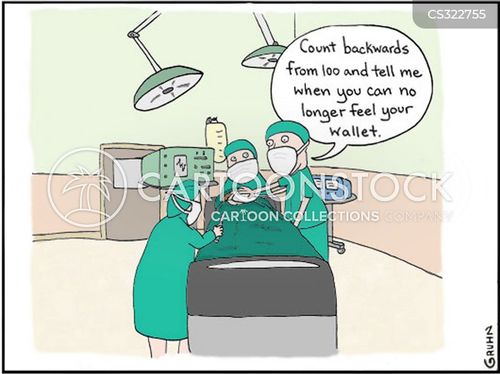- Joined
- Dec 15, 2005
- Messages
- 15,392
- Reaction score
- 21,612
IR? Again the bottom line is be brilliant and be better than 90% of the other doctors out there.
The market for non- fellowship trained radiologists is awful. And it won't be getting better. Diagnostic radiology is THE field that is most vulnerable to telemedicine sweatshops. No other field's workload can be done over the internet. Yes yes they'll argue that midnight wet reads from the other side of the planet are one thing but *cough*reasons*cough* the final reads will be done in the USA, and computers will never read a CXR the way they read ECGs. Mmmm hmmm. If anyone believes that this technology won't be leveraged to the hilt to squeeze radiologists even more, they're dreaming. I don't need a cardiologist to read 90% of the ECGs that cross my path, and one day radiologists won't be needed to read 90% of the CXRs that cross anyone's path.
So every radiologist needs to do a fellowship. You grind out that radiology residency and then have to scratch and compete your way into a fellowship. If you can't get one I would argue you're likely to be substantially worse off as a general radiologist than you'd have been as a general anesthesiologist. If you're brilliant and can land that IR spot, radiology looks great, I guess.
The market for non- fellowship trained radiologists is awful. And it won't be getting better. Diagnostic radiology is THE field that is most vulnerable to telemedicine sweatshops. No other field's workload can be done over the internet. Yes yes they'll argue that midnight wet reads from the other side of the planet are one thing but *cough*reasons*cough* the final reads will be done in the USA, and computers will never read a CXR the way they read ECGs. Mmmm hmmm. If anyone believes that this technology won't be leveraged to the hilt to squeeze radiologists even more, they're dreaming. I don't need a cardiologist to read 90% of the ECGs that cross my path, and one day radiologists won't be needed to read 90% of the CXRs that cross anyone's path.
So every radiologist needs to do a fellowship. You grind out that radiology residency and then have to scratch and compete your way into a fellowship. If you can't get one I would argue you're likely to be substantially worse off as a general radiologist than you'd have been as a general anesthesiologist. If you're brilliant and can land that IR spot, radiology looks great, I guess.

